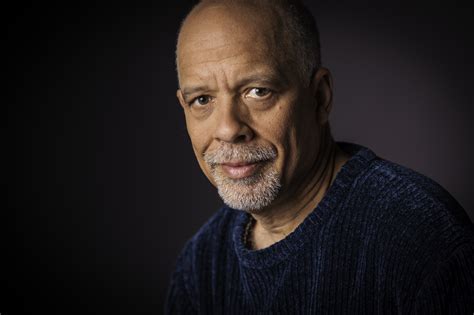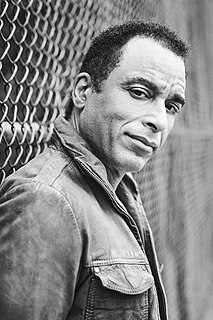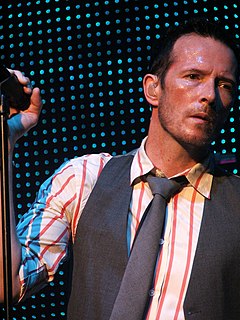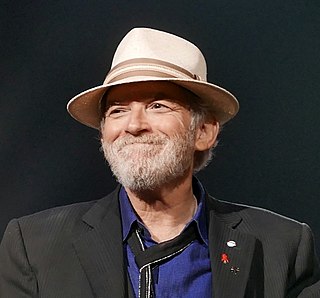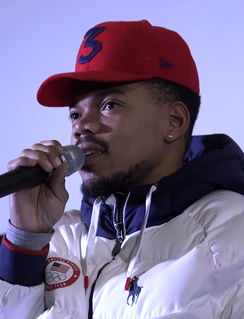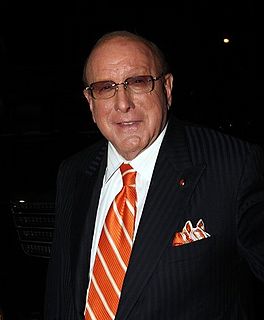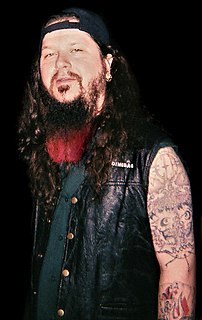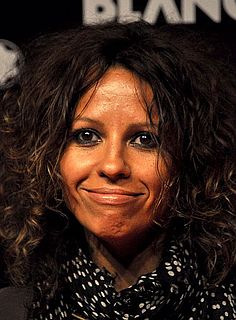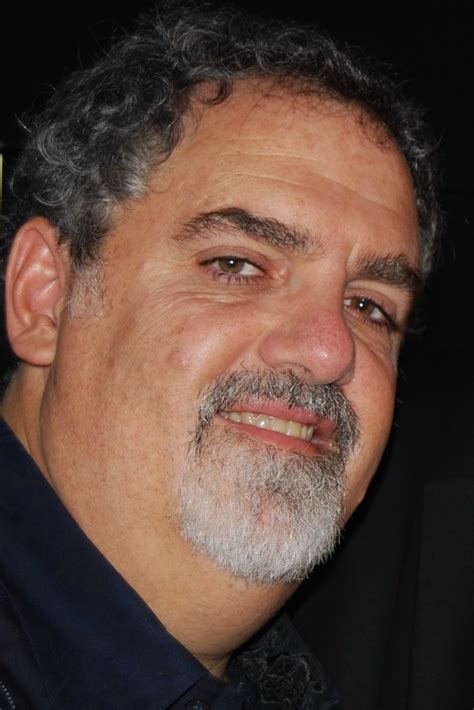A Quote by Dan Hill
Due to my work as a musician, songwriter, recording artist and author, hundreds of people stream in and out of my basement studio to help me with my creative projects.
Related Quotes
There's a perception that if an artist produces another artist, they're going to imprint on them. But I'm the opposite. I want to hear that artist; I don't want to hear me - that's the last thing I want to hear. There are a lot of technical studio things I've learned or figured out, and I feel like I could use those things to help other people with what they're doing.
The modern recording studio, with its well-trained engineers, 24-track machines and shiny new recording consoles, encourages the artist to get involved with sound. And there have always been artists who could make the equipment serve their needs in a highly personal way - I would single out the Beatles, Phil Spector, the Beach Boys and Thom Bell.
